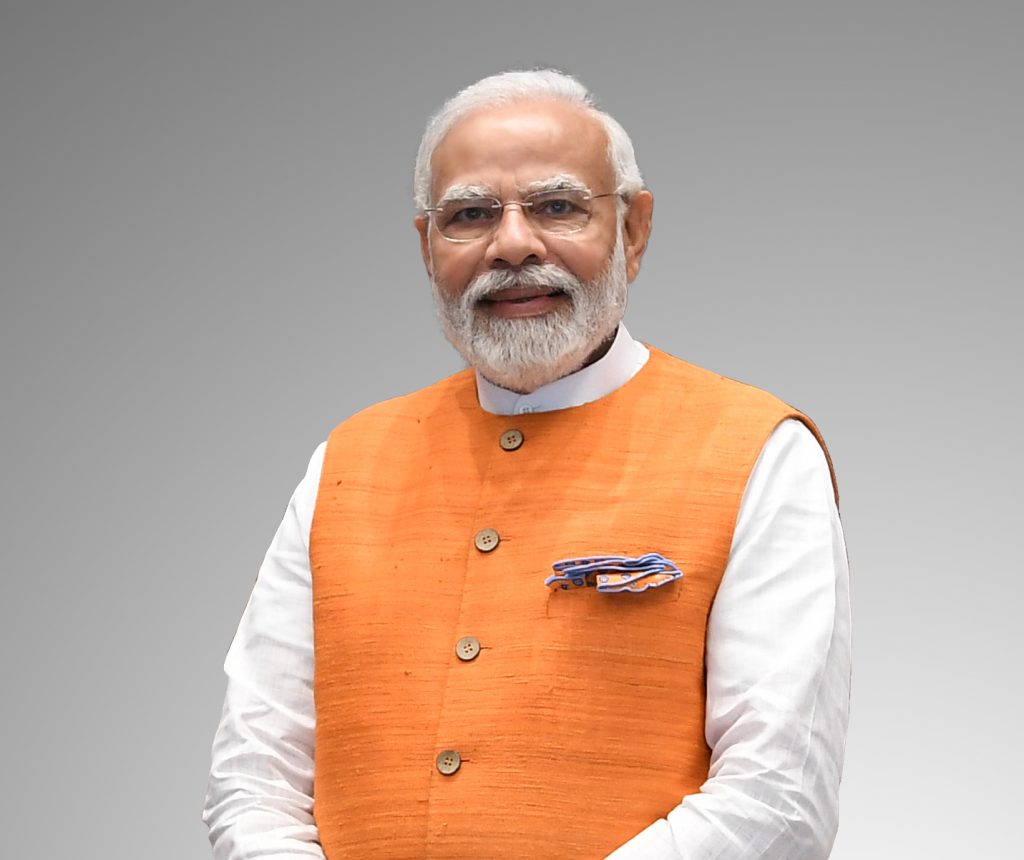The Indian government is making significant strides in supporting the nation’s artisans and traditional industries through the recently launched PM Vishwakarma Yojana and ongoing skill development programs. These initiatives are designed to provide comprehensive support to craftspeople and enhance the growth of traditional sectors.
The PM Vishwakarma Yojana, which was inaugurated by the Hon’ble Prime Minister on September 17, 2023, aims to offer end-to-end assistance to artisans and craftsmen who use traditional tools and techniques. Key components of the scheme include the issuance of PM Vishwakarma Certificates and ID Cards, skill upgradation programs, toolkit incentives, credit support, incentives for digital transactions, and marketing assistance. The scheme has been implemented nationwide, including in Karnataka. In Chikkaballapur district, there have been 97,356 applications, with 17,696 successful registrations so far, reflecting the strong engagement and demand for the program among local artisans.
Complementing the PM Vishwakarma Yojana, the Ministry of Micro, Small and Medium Enterprises (MSME) administers the “Assistance to Training Institutions (ATI)” Scheme. This central sector scheme provides financial support to enhance the capacity of training institutions and facilitate skill development programs. The ATI Scheme operates on a demand-driven basis, with the following funds released over the past few years and the current year (as of July 26, 2024):
- FY 2021-22: Rs. 47.96 crore
- FY 2022-23: Rs. 21.99 crore
- FY 2023-24: Rs. 13.76 crore
- FY 2024-25 (as of July 26, 2024): Rs. 5.25 crore
These investments are crucial for strengthening the infrastructure and capabilities of training institutions, thus supporting skill development and entrepreneurship across India.
Furthermore, Karnataka’s Khadi industry continues to contribute significantly to the state’s economy. For the fiscal year 2023-24, the industry reported a total production value of Rs. 49,943.44 lakhs and generated employment for 27,612 individuals. The Khadi programme, implemented by non-profit registered Khadi Institutions, plays a vital role in promoting traditional textiles while providing sustainable livelihoods.
These initiatives reflect the government’s dedication to enhancing the economic prospects of artisans, supporting skill development, and promoting traditional industries. The PM Vishwakarma Yojana, ATI Scheme, and Khadi industry programs collectively demonstrate a robust approach to fostering economic growth, preserving cultural heritage, and improving the livelihood of artisans and small enterprises across the country.



